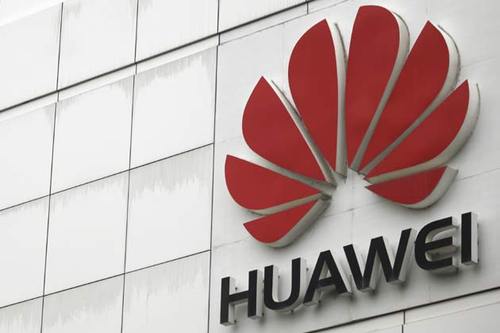Spain Awards €12.3 Million in Contracts to Huawei Amid Concerns Over Chinese Government Access
In a move that has sparked controversy, the Spanish Ministry of the Interior has awarded €12.3 million ($14.3 million) contracts to Huawei for managing and storing judicially authorized wiretaps used by law enforcement and intelligence agencies. The deals, which were publicly tendered and listed on the State Procurement Platform, have raised concerns about potential Chinese government access due to Huawei's ties to Beijing.
Between 2021 and 2025, Spain awarded centralized contracts for digital storage of court-ordered wiretaps to Huawei, using its OceanStor 6800 V5 servers. These systems store and classify intercepted communications for law enforcement, adhering to National Security Framework standards and ICT Security Guidelines set by the National Cryptologic Center (CCN-STIC).
A Growing Concern Among Law Enforcement Agencies
Internal sources from both the National Police and Civil Guard have expressed concern over Huawei's continued provision of sensitive systems for police forces, citing a strategic inconsistency in terms of security. They consider this an extreme risk, given their attempt to exercise caution with foreign programs but entrusting this data to a company linked to the Chinese Communist Party.
Pedro Sánchez, Spain's Prime Minister, has been notably supportive of Huawei, opposing EU efforts to restrict the company's role in 5G networks. This stance contrasts with the more cautious approach taken by US and many EU states, who have expressed concerns over Huawei's ties to the Chinese state.
Huawei Denies Engaging in Espionage or Accessing Stored Data
Huawei denies engaging in espionage or accessing stored data. However, the Spanish newspaper pointed out that despite lacking certification from Spain's intelligence agency (CNI), Huawei was integrated into Spain's wiretap infrastructure.
A Growing Tension Between Europe and China
The EU's executive Commission presented a set of rules and technical measures aimed at reducing cybersecurity risks from the adoption of 5G in January 2020. The Commission recommended blocking high-risk equipment suppliers from critical and sensitive components of 5G infrastructures, such as the core.
US and Allies Take Action Against Huawei
The US Federal Communications Commission (FCC) cut off government funding for equipment from Huawei and ZTE in November 2019 due to security concerns. The FCC also requested the government to assign subsidies to American companies that will replace any equipment from the Chinese firms they already have in place.
A $1.837 Billion Replacement Plan
In September 2020, a report published by the US Federal Communications Commission (FCC) revealed that performing a full replacement of all Huawei and ZTE equipment on American wireless networks will cost $1.837 billion in total.
The United States, Australia, New Zealand, Romania, and Japan have already excluded Huawei technology from their 5G internet networks. In April 2018, the UK GCHQ intelligence agency warned UK telco firms of the risks of using ZTE equipment and services for their infrastructure.
A Growing Trend Among European Countries
In December 2018, a Czech cyber-security agency warned against using Huawei and ZTE technologies because they pose a threat to state security. The contrast between official European discourse and the Spanish reality has fueled doubts about the coherence of Spain's cybersecurity strategy.
